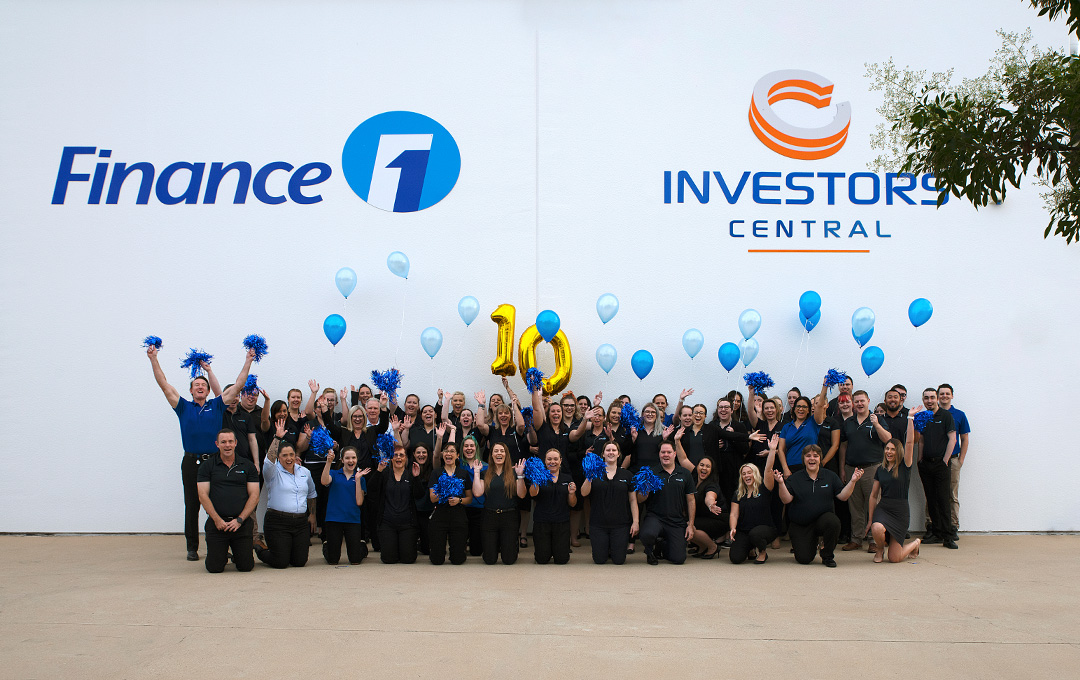Sometimes you can be stuck between a rock and a hard place when it comes to upgrading your car or stick with what you know. Sure, you may have some nostalgic attachments to your current vehicle, but it may be time to weigh up your options and decide whether it’s best to trade in or keep burning rubber until you can no longer. The odometer may be floating well in the hundreds of thousands, so it’s up to you to decide whether your budget can cope with the strain of a new vehicle or it’s better off paying your registration and keep on plotting along. Here’s our cases for both:
Trade In
Cost of selling
Today, you have the option of selling privately or trading in to a dealership to put the money towards a new purchase. Typically, you are likely to get more bang for your buck if you sell privately, but it can often turn into a waiting game meaning you are spending more to get your vehicle into tip-top shape and potentially having to renew registration and insurance if buyers are taking their jolly old time. Trading in may not cost you a pretty penny, but unfortunately, you’ll likely get a pittance for your beloved car. They’ll knock your price down for any blemish to the vehicle (even if you may have adored it) and repair it on their own buck. For convenience reasons, trading in is great, but if you’re looking for a strict resale value, selling privately may be the way to go. Plus, if you’re not that keen on selling your car, you probably won’t be committing to a buyer very quickly.
Ultimately, it will be up to you to get your vehicle spick and span in an effort to sell which will be costly on your wallet. However, it’s a great way to get yourself into a new vehicle quickly.
Verdict
If your car is in a reasonable condition, trading in will get you a nicely sized deposit on a new car. You’ll likely need to take out vehicle finance, but this can also help with insurance and registration as the cost can be lumped into your loan amount. Basically, you’ll be upgrading to a new vehicle with better features and higher safety ratings. It’s important to factor in additional costs and whether you will be able to afford loan repayments, but you will be able to get yourself in a newer car much quicker and not need to worry about the day your current one inevitably carks it.
Keep
Cost of keeping
If you work out the value of your car and decide that whatever trade in amount will only just cover a new set of tyres, it may not be worth the stress of selling. If you decide to keep it, often insurance premiums will drop as the car ages. Also the value will decrease over time and may only be good for spare parts when it comes time to sell, meaning your return will be quite low. Keeping, however, means that you will still need to maintain it. By all means, if it still runs well and hasn’t caused you too many headaches keeping may be the way to go, but if you find yourself making more trips to the mechanics then it may be time to cut your losses. If you keep your car in good nick from the get-go, it shouldn’t cost you too much to up-keep and may be worth saving for a future new car in the process.
Verdict
If your car is in good condition, there is a good incentive to keep it. The value may have decreased exponentially since you drove it off the car lot, so it may also not be worth the hassle of bargaining a price with a dealer or buyer. If your maintenance and fuel isn’t costing you too much, you may be better off to drive until it drops and saving for your next purchase while you’re at it.
Understandably, it is up to you and your current circumstances as to whether it is better to sell or keep. Make sure you know the value of your vehicle (RedBook is a great source) and do your research before making any firm decisions.
The information contained in this blog is accurate only at the date of publication.



